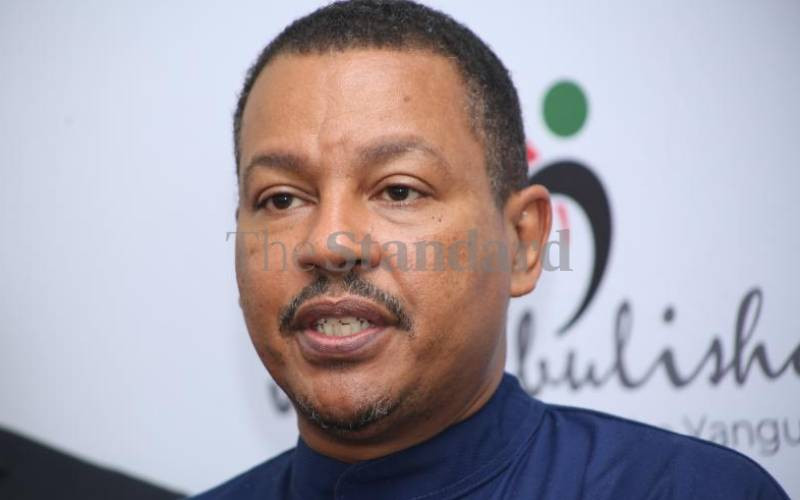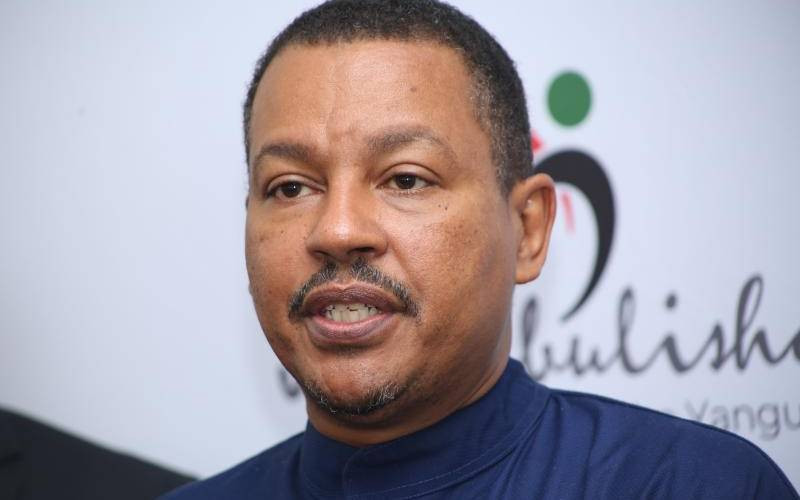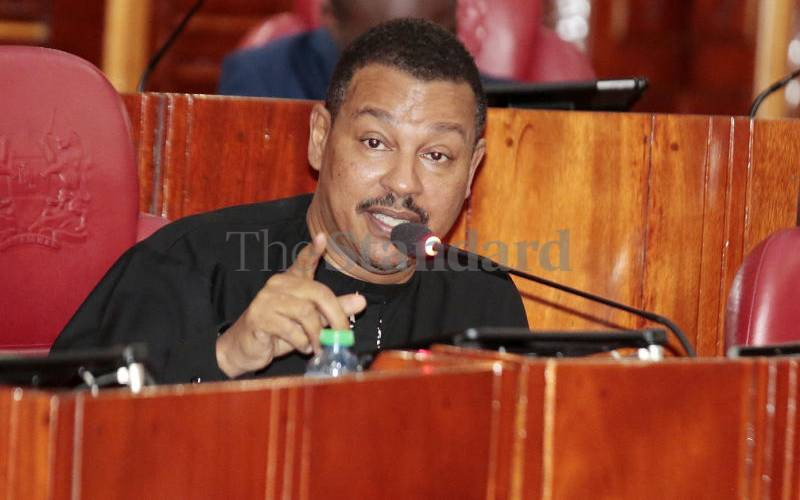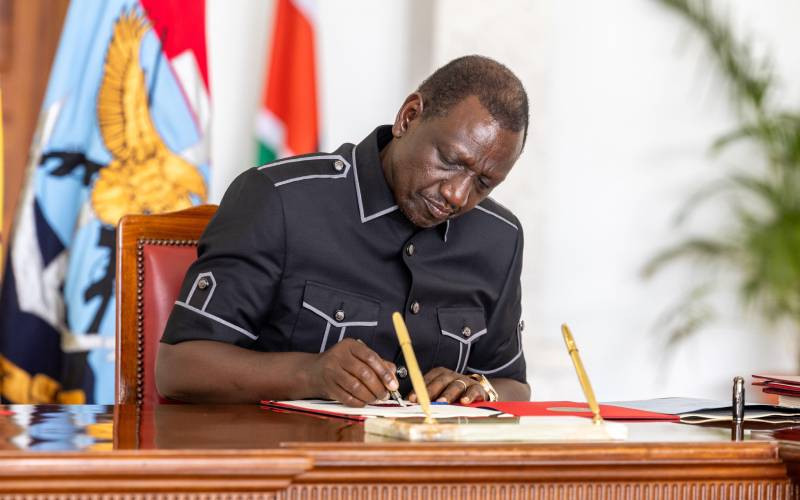London, United Kingdom: Burkina Faso's presidential candidates must commit to tackling forced and early marriage and improving access to contraception, sex education and health services for women and girls ahead of elections in October, a rights group said on Wednesday.
While gender equality is protected under the country's constitution and law, widespread forced and early marriage and unwanted pregnancies have reduced hundreds of thousands of girls and women to second-class citizens, Amnesty International said.
Elections are due to take place in the poor, landlocked nation a year after President Blaise Compaore, who ruled for 27 years, was toppled by a wave of popular protests when he tried to change the constitution so he could seek re-election.
"For too long, the Burkinabé authorities have neglected the rights of women and girls," said Alioune Tine, Amnesty International regional director for West and Central Africa.
"Redressing this wrong and lifting the barriers faced by women and girls must be a central aim of any election candidate's campaign," Tine said in a statement.
The West African nation's next government must review legislation to ensure that laws prohibiting early marriage are enforced, and take action against families which force girls into marriage, Amnesty said.
Burkina Faso has the sixth highest rate of early marriage in Africa, with one in 10 girls married by the age of 15 and more than half married by 18, according to figures from the United Nations children's agency UNICEF.
Men often take decisions about pregnancy and marriage on behalf of female family members, and prevent their wives from using contraception with threats of violence, Amnesty said.
Fewer than one in five women in Burkina Faso use contraception and more than 2,000 women die in childbirth every year, according to the rights group.
"My husband does not know about contraception. He thinks that it brings diseases and he threatens to lock me up if I fall ill because of it," 23-year-old fruit seller and mother of three Therese told Amnesty.
It is also hard for women to get contraception due to the high cost - emergency contraception costs almost 20 percent of the average monthly salary of a woman in Burkina Faso - and a lack of comprehensive sex education, according to Amnesty.
Amnesty's campaign - My Body My Rights' - is a global initiative to combat government efforts to control women and girls, and will raise awareness in Burkina Faso through advertisements, concerts and distribution of free condoms.
 The Standard Group Plc is a
multi-media organization with investments in media platforms spanning newspaper
print operations, television, radio broadcasting, digital and online services. The
Standard Group is recognized as a leading multi-media house in Kenya with a key
influence in matters of national and international interest.
The Standard Group Plc is a
multi-media organization with investments in media platforms spanning newspaper
print operations, television, radio broadcasting, digital and online services. The
Standard Group is recognized as a leading multi-media house in Kenya with a key
influence in matters of national and international interest.
 The Standard Group Plc is a
multi-media organization with investments in media platforms spanning newspaper
print operations, television, radio broadcasting, digital and online services. The
Standard Group is recognized as a leading multi-media house in Kenya with a key
influence in matters of national and international interest.
The Standard Group Plc is a
multi-media organization with investments in media platforms spanning newspaper
print operations, television, radio broadcasting, digital and online services. The
Standard Group is recognized as a leading multi-media house in Kenya with a key
influence in matters of national and international interest.








